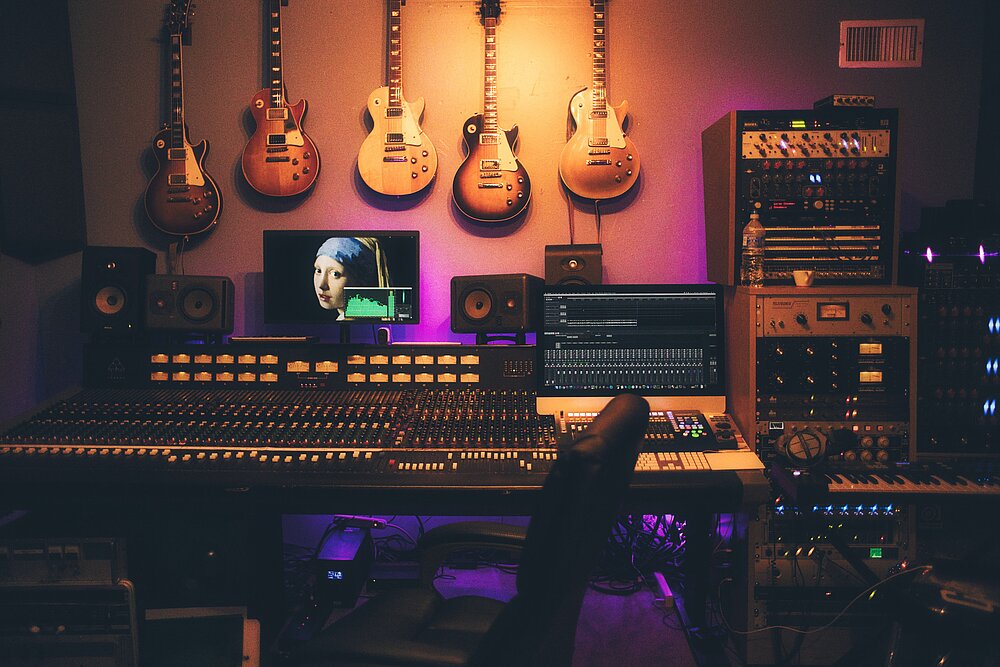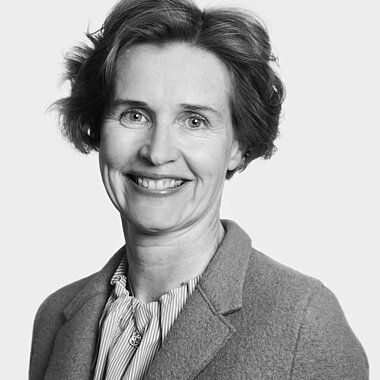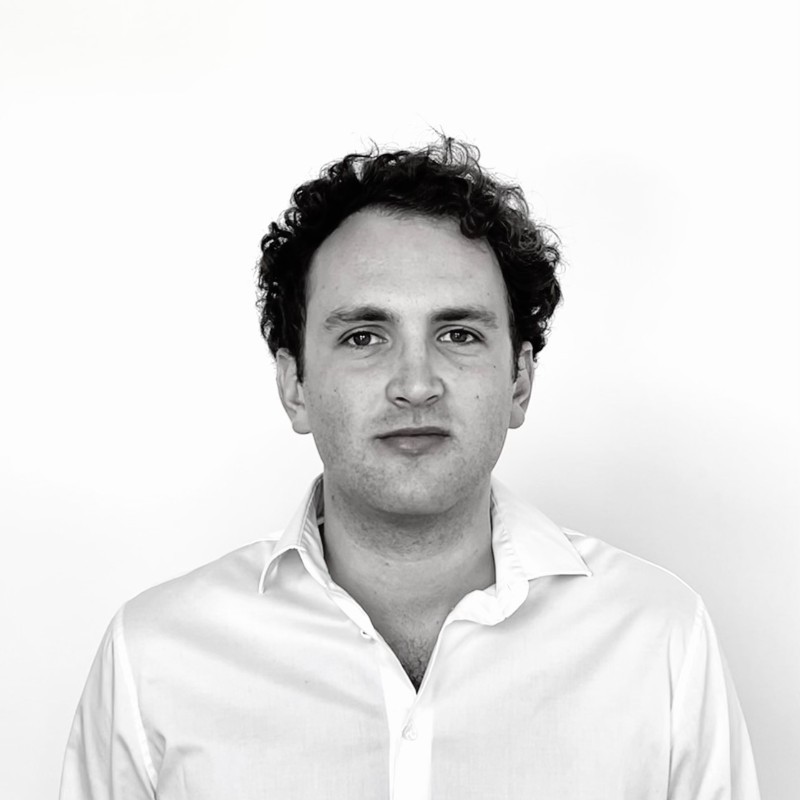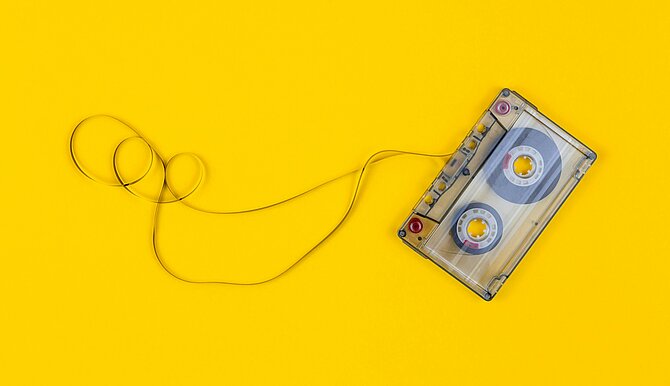Find out today what the legal world will be talking about tomorrow.

Two seconds of the Kraftwerk title "Metall auf Metall" become almost 20 years of legal history. On Sept. 14, 2023, the I Civil Senate of the Federal Supreme Court (BGH) announced that it would submit questions to the ECJ for clarification of the copyright concept of pastiche. In particular, the judges in Luxembourg are to explain what exactly is meant by a pastiche. According to presiding judge Thomas Koch, this is currently completely unclear.
Since the implementation of EU law, Section 51a of the Copyright Act states: "Permitted is the reproduction, distribution and communication to the public of a published work for the purpose of caricature, parody and pastiche". In a previous article from Feb. 02, 2023, our colleagues Johanna Ludwig and Götz Schneider-Rothhaar have already explained what exactly the new achievement of pastiche is all about.
In contrast to caricature and parody, the French foreign word "pastiche" is rather rarely used in German. What is meant is the stylistic imitation or the artistic examination of works in terms of content, which can take on any form. This includes remixes, sampling and memes.
Facts
The specific legal dispute between the legendary music group Kraftwerk and the music producer Moses Pelham concerns the use of a 2-second sequence from the Kraftwerk track "Metall auf Metall" in the track "Nur mir" composed by Pelham and sung by the singer Sabrina Setlur.
The musician had placed this part of the soundtrack slightly slowed down in an endless loop under his song. He had not obtained permission beforehand, but this procedure ("sampling") is widespread in the music industry. For Pelham, the reason for adopting this sequence of all things was the "musical coldness" of the sound, which he found suitable for his song. Kraftwerk co-founder Ralf Hütter felt stolen from and sued the Hamburg music producer.
The proceedings to date
The proceedings have gone through the courts, with the Federal Court of Justice naming a whole 10 previous instances in its submission. The judges in Karlsruhe alone have now announced their fifth decision. In addition to the ECJ, the Federal Constitutional Court had also been involved. Recently, the Hamburg Higher Regional Court had ruled in favour of the plaintiffs and found, among other, that they could claim damages for a period of approximately 18.5 years. However, the court rejected the claim for damages for the period after the above new regulation came into force. The court found that the reproduction of the sound sequence of "Metal on Metal" and its transformation into a new independent work by sampling was now permissible despite imitation. However, the appeal was allowed for this period, which is why it went before the BGH again.
Question of the BGH
The Federal Court of Justice is now - after its fifth referral of the case - submitting the question to the European Court of Justice as to whether sampling, i.e. the "technique of electronically copying audio fragments", is a use without permission or remuneration in the sense of a pastiche under Section 51a UrhG, Article 5 para. 3 k) InfoSoc-RiL 2001/29/EC.
In addition, the BGH would like to know whether the use must be made with the intention of creating a pastiche or whether it is sufficient instead that only the character as a pastiche is recognizable as such for third parties.
The publication of said decision of the BGH and the decision of the ECJ on the interpretation of the pastiche being of significance not only to clarify the question of the permissibility of the Kraftwerk sampling, but will likely also set general standards for the pastiche in copyright law throughout the Union.
The answer to these questions is also likely to be of great importance for uses of pre-existing works other than musical works and is eagerly awaited.
Authors




![[Translate to English:] [Translate to English:]](https://www.skwschwarz.de/fileadmin/_processed_/a/5/csm_ELLG_Maerz_2024_35e402a595.png)